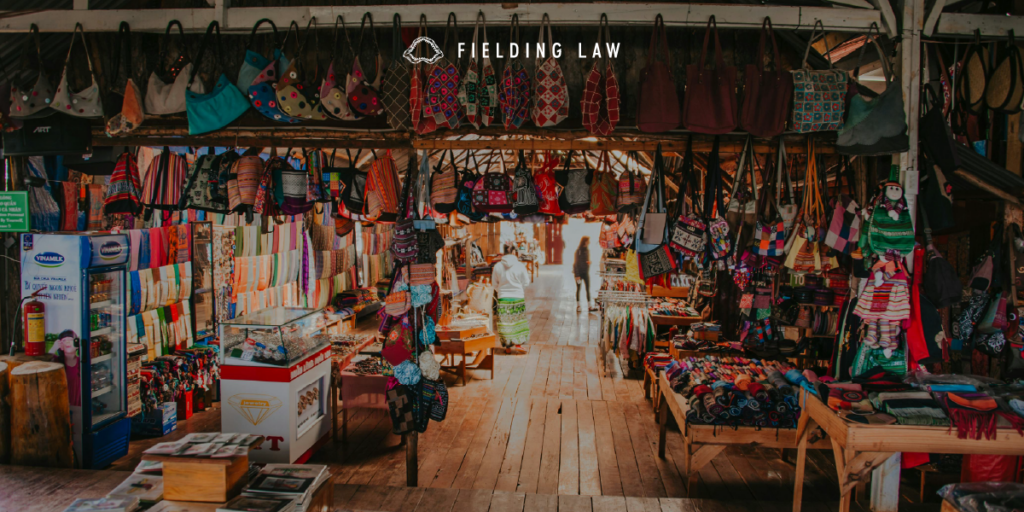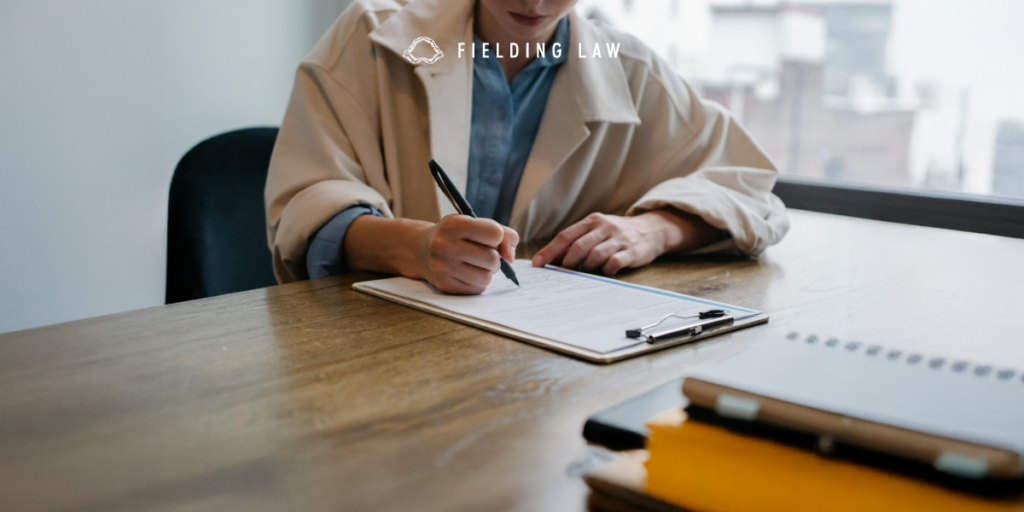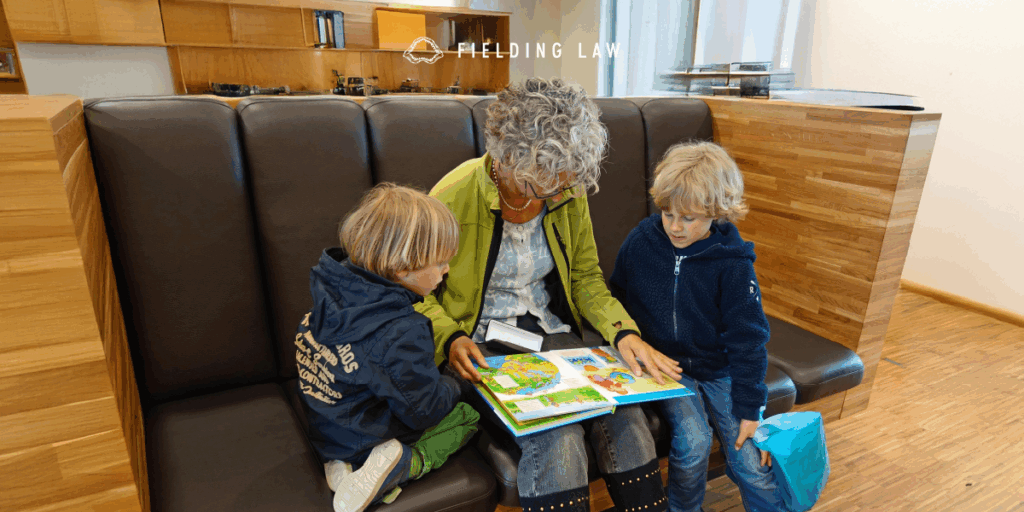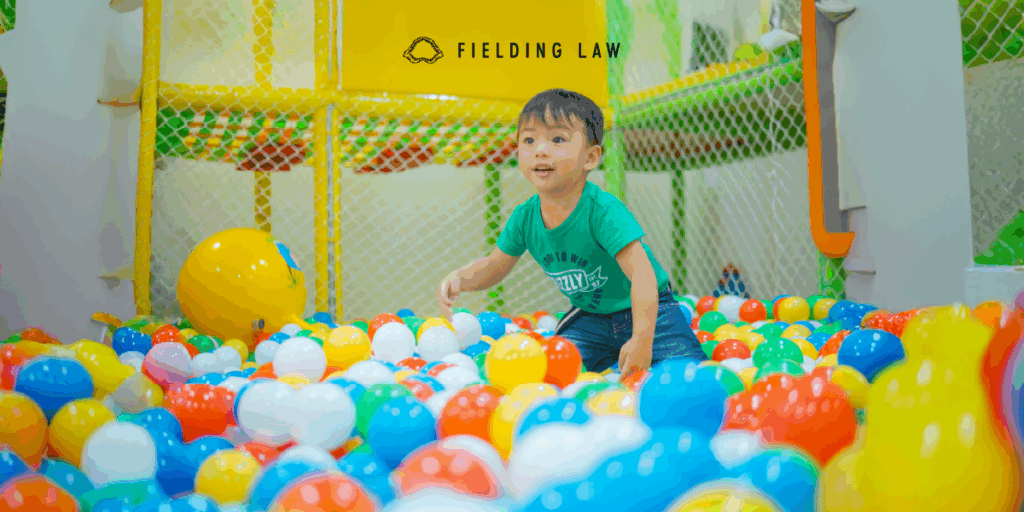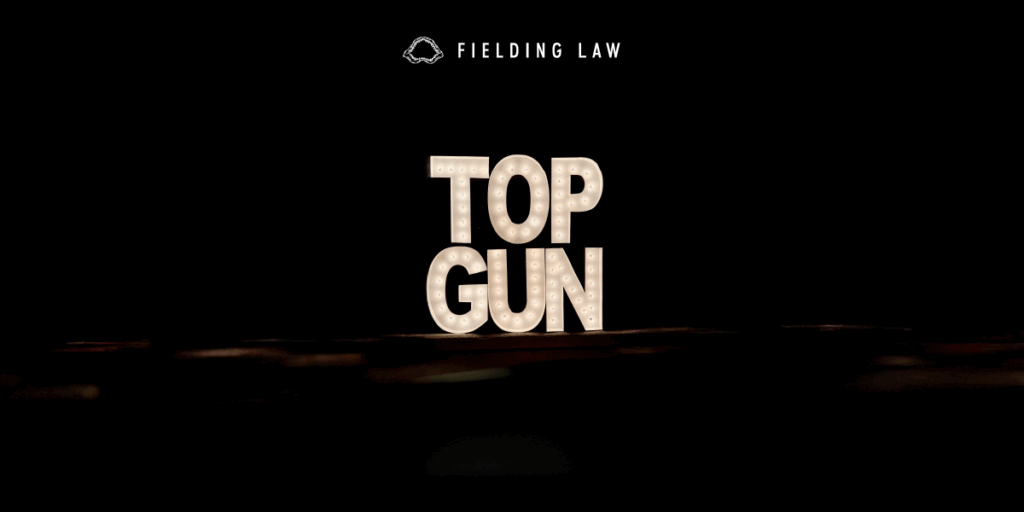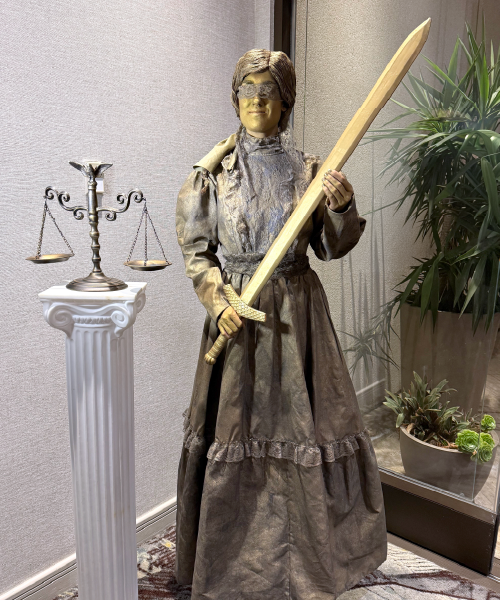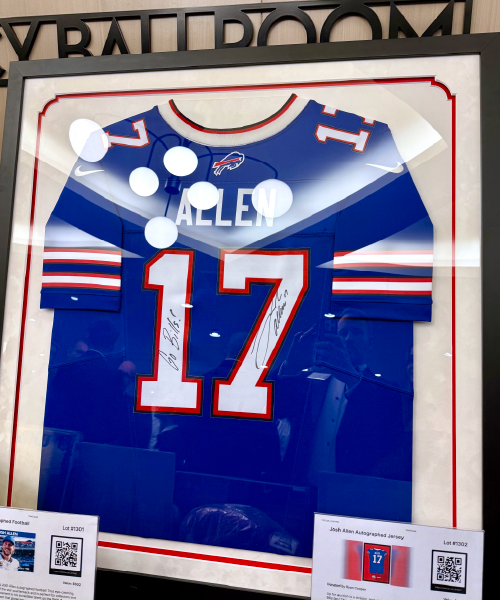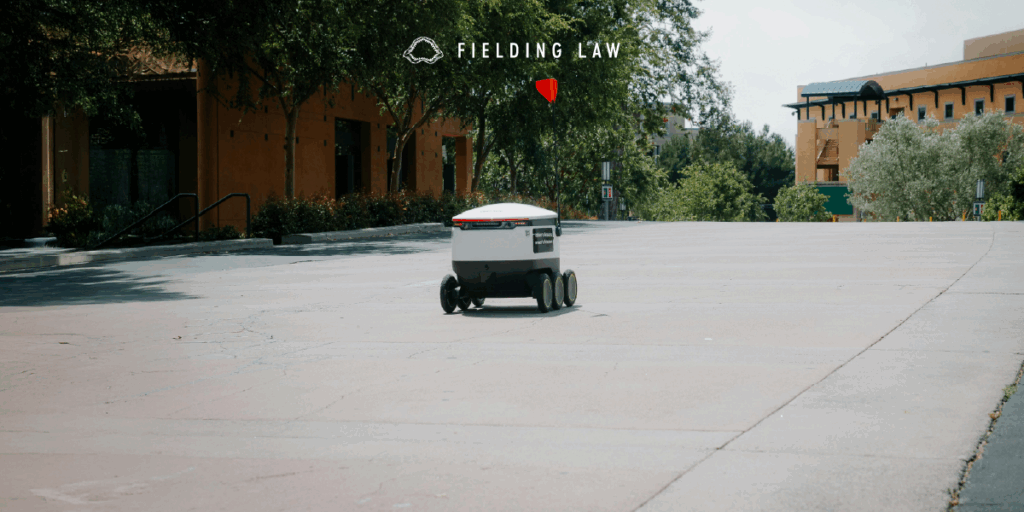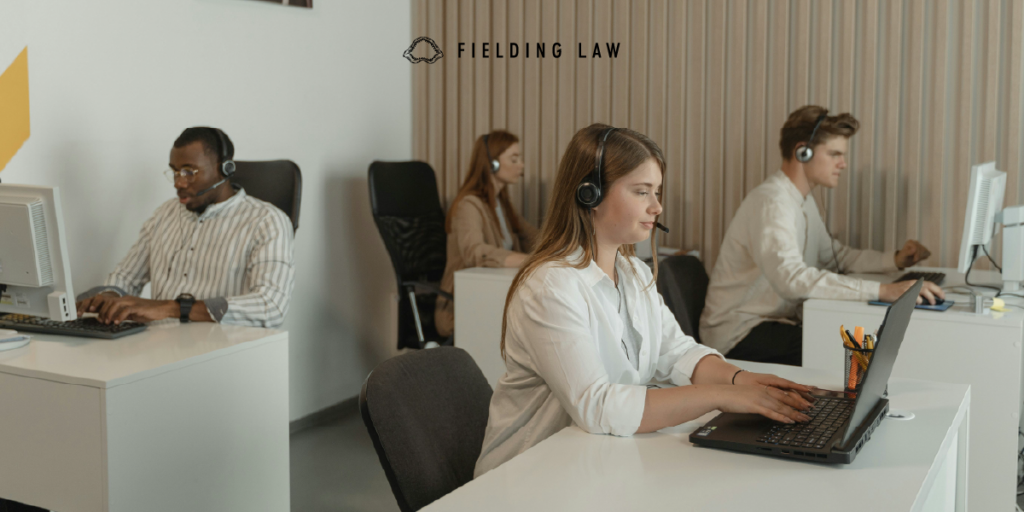
If you have been injured, insurance adjusters may contact you soon after your accident. While they may seem helpful, it is important to understand that their goal is to protect the insurance company’s interests—not yours. Knowing how to handle these conversations can protect your rights and your claim.
What Is the Role of Insurance Adjusters?
Insurance adjusters investigate injury claims for insurance companies. They gather information about your accident and injuries to decide how much the insurance company should pay. They may ask detailed questions or request a recorded statement. It is important to be cautious and avoid saying anything that might harm your case.
Be Careful With What You Say
Do not admit fault or minimize your injuries when talking to an insurance adjuster. Simple statements like “I am fine” or “It was my fault” can be used to reduce or deny your claim. Instead, give only basic facts and avoid discussing details of the accident or how you feel.
Avoid Giving Recorded Statements Without Legal Advice
Insurance companies often request recorded statements. These can be risky because your words can be misunderstood or taken out of context. Before providing any recorded statement, contact a personal injury lawyer. A lawyer from Fielding Law can help protect your interests and guide you through the process.
Why Contact Fielding Law?
At Fielding Law, we understand the pressure injured clients face from insurance companies. Our experienced attorneys handle all communication with insurers for you. We focus on getting you the compensation you deserve for your medical bills, lost income, and pain and suffering. We are here to support you every step of the way.
Keep Records of All Communication
Make sure to document all calls, emails, or letters from insurance companies. Write down dates, times, and details of what was discussed. This information can be crucial if your claim faces challenges or if you need to take legal action.
Note: Information provided is for educational purposes and does not constitute legal advice. Always consult with a qualified attorney for legal concerns.
